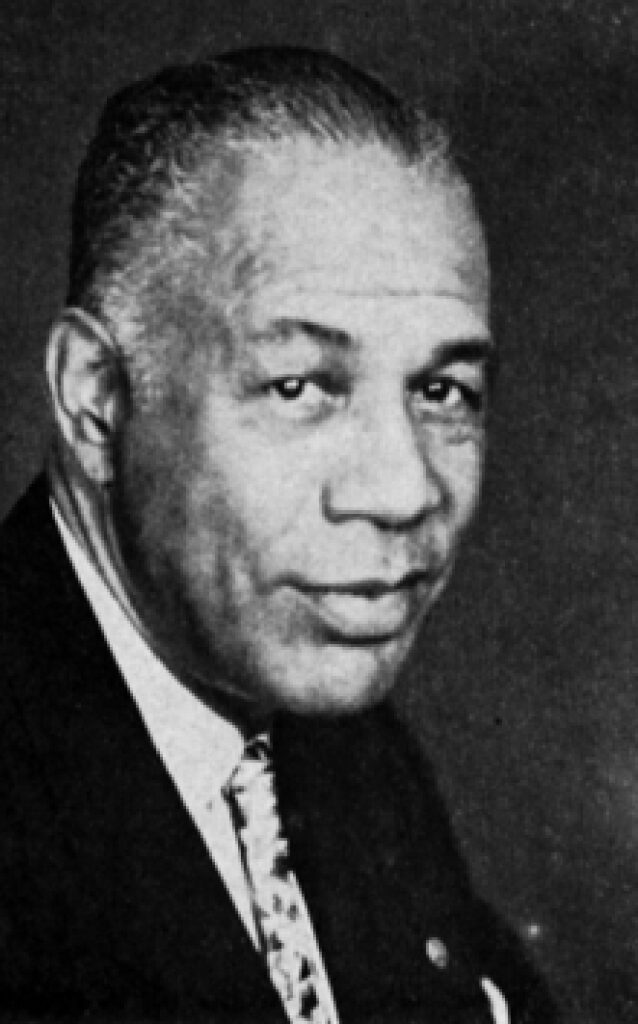The Green Book, a seemingly ordinary travel guide, was much more than that. It was a lifeline for Black Americans during the Jim Crow era, a time of pervasive racial segregation and discrimination. Published annually from 1936 to 1966, the Green Book provided a vital resource for Black travelers navigating a hostile landscape.

A Lifeline in a Segregated World
In a world where many places were off-limits to African Americans, the Green Book offered a safe haven. It listed businesses, hotels, restaurants, gas stations, and other establishments that were known to serve Black customers. For Black travelers, the Green Book was a beacon of hope, a guide to places where they would be welcomed and treated with respect.

The Founder and His Vision
The guide was founded by Victor Green, a Black postal worker who experienced firsthand the challenges of traveling while Black. He recognized the need for a resource that would help Black Americans find places where they would be welcomed and treated with respect. The Green Book quickly became an indispensable tool for anyone traveling by car, providing essential information on safe routes, lodging, and dining options.

More Than a Guide: A Symbol of Resistance
The guide was founded by Victor Green, a Black postal worker who experienced firsthand the challenges of traveling while Black. He recognized the need for a resource that would help Black Americans find places where they would be welcomed and treated with respect. The Green Book quickly became an indispensable tool for anyone traveling by car, providing essential information on safe routes, lodging, and dining options.
Impact on Black Americans
The Green Book played a crucial role in the lives of countless Black Americans. It allowed families to take vacations, business travelers to conduct their affairs, and students to attend college. It provided a sense of security and independence, empowering Black individuals to move freely throughout the country.
Legacy and Conclusion
As the Civil Rights Movement gained momentum, the need for the Green Book diminished. However, its legacy lives on as a testament to the courage and perseverance of Black Americans during a difficult time. Today, the Green Book is recognized as an important historical document that sheds light on the experiences of African Americans during the Jim Crow era.
In conclusion, the Green Book was more than just a travel guide; it was a symbol of hope, resistance, and resilience. It provided a vital lifeline for Black Americans during a time of segregation and discrimination. The Green Book’s legacy continues to inspire and educate, reminding us of the importance of fighting for equality and justice.




Stay Connected
Get Green Book Vacations trip announcements, blog posts and news directly to your inbox.